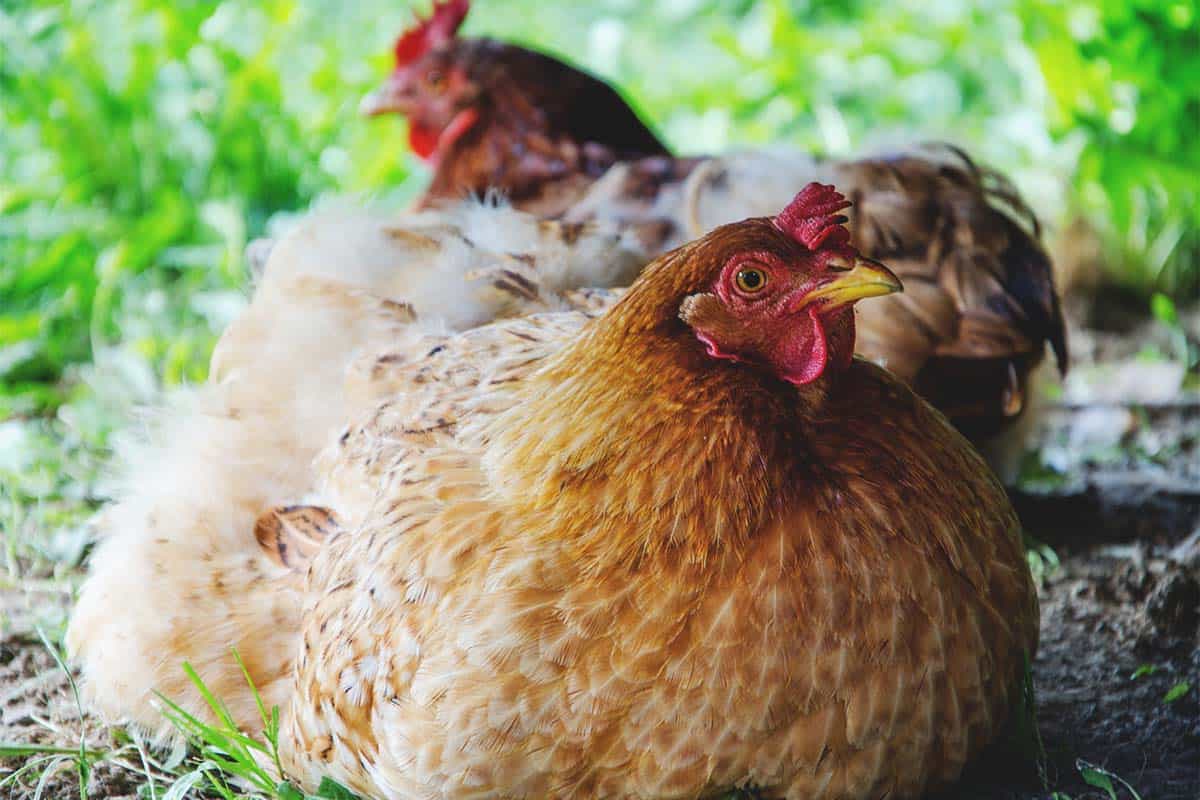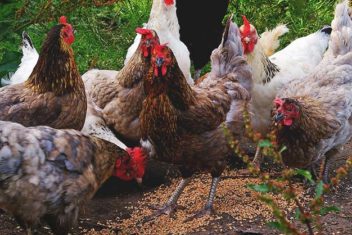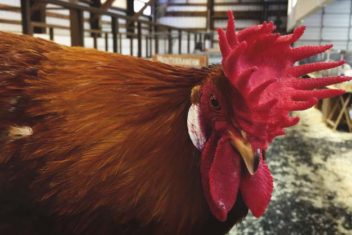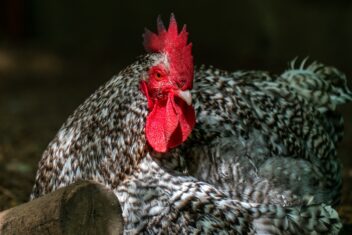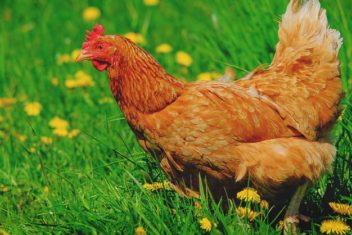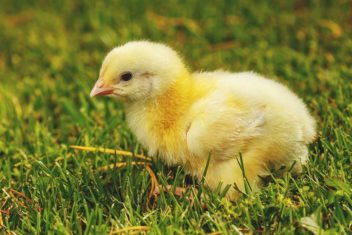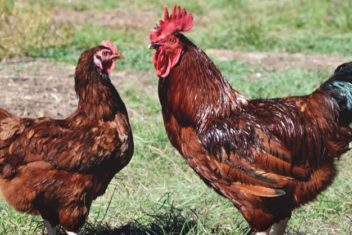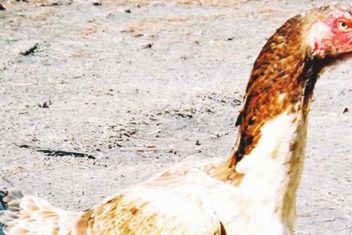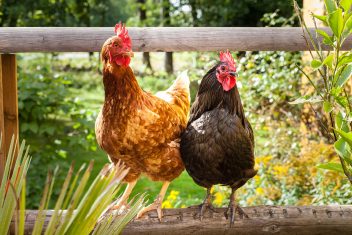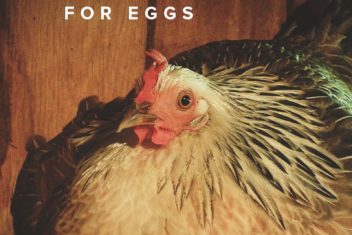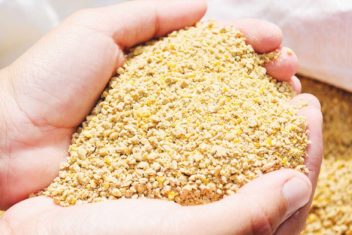Whether you keep chickens as pets or for a fresh egg each morning, it’s important to know the life expectancy of your chickens and how long you can expect to be in the company of all your flock members.
When you purchase any kind of animal, you usually know how long it will be around, and you prepare to care for it until it passes.
But for some reason, there’s a bit of a mystery surrounding the life expectancy of chickens. In this article, I’ll cover some of the most important factors in determining the lifespan of your chickens.
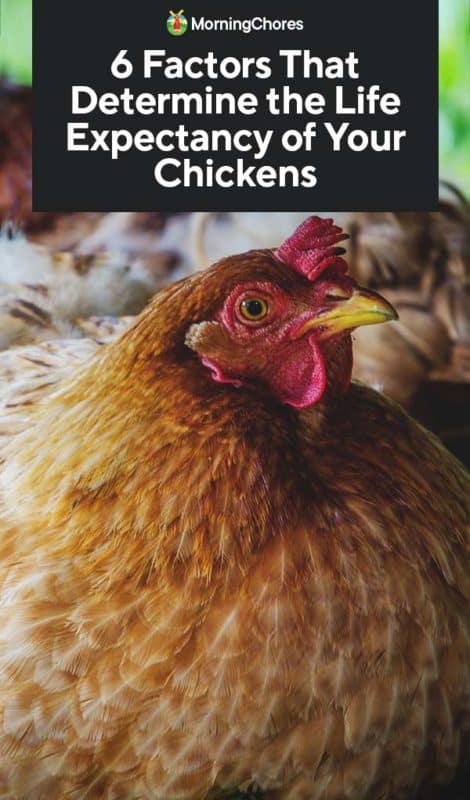
How Long Does A Chicken Live…On Average?
If your chicken, a heritage breed chicken, had to live out her full life with all her needs met, it would live to be around eight to ten years on average. With that being said, there are several factors that have a significant impact on the life expectancy of your chicken.
Factors that Affect Chicken Life Expectancy
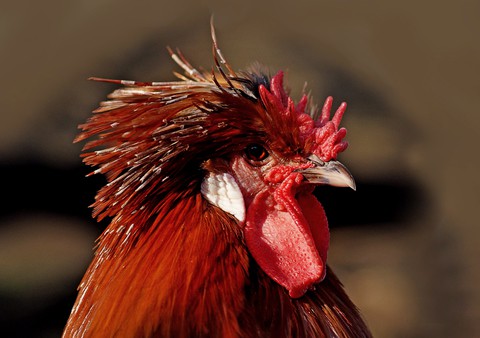
1. Commercial Hybrids vs Heritage
One of the first things to consider when trying to determine the life expectancy of your chicken is the breed. Genetics play a huge role in how long a chicken will live.
Commercially raised chickens, for example, were meant to be extremely productive in a short period of time, and when they’ve fulfilled their purpose, their lives end. Genetics have been tampered with in hybrids and their lifespan is usually much shorter than backyard flocks of heritage breeds.
2. Breed and Environment
Some breeds are hardier and savvier than others. This is relevant when it comes to free-range predator-aware birds or breeds that are meant to live in certain climates.
If you keep a tight-feathered breed in sub-zero temperatures, for example, it probably won’t last long. If you keep a bantam chicken in a free-range environment, they are easy targets for all kinds of predators.
3. Diseases
Unfortunately, there’s always a new disease to be on the lookout for. Some diseases are deadly to your flock, and others can be treated.
If you take the time to learn about different chicken illnesses, you can often prevent them from ending your chickens’ lives too soon.
Vaccinating chickens for known diseases, like Mareks Disease, can help ensure your flock never contracts the disease.
In addition, keeping your chickens out of the public eye, i.e. fairs and shows can help prevent the spread of disease to your homebound flock on the return of your showgirls.
Diseases are many, and they can spread quickly, so it’s imperative to understand the different illnesses that your chickens may contract, and end their lives sooner than anticipated.
4. Quality of Care
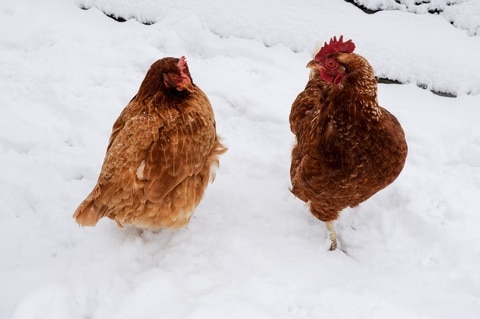
This one’s on you!
If you’re diligent about meeting your flock’s basic needs, your chickens can live a long and healthy life. All-in-all, chickens are pretty easy to care for, but you must be diligent and make sure they always have the following:
- Adequate shelter based on your regional climate
- Feeding based on their life stages (starter, layer, grower)
- Clean, unfrozen, water 24/7
- A clean, well-bedded, coop to prevent the spread of disease and parasites
- Grit to ensure proper digestion
If your chickens are not kept out of the elements in sub-zero temperatures, for example, one difficult winter can take years off an otherwise healthy chicken’s life.
5. Free-Range vs. Confined
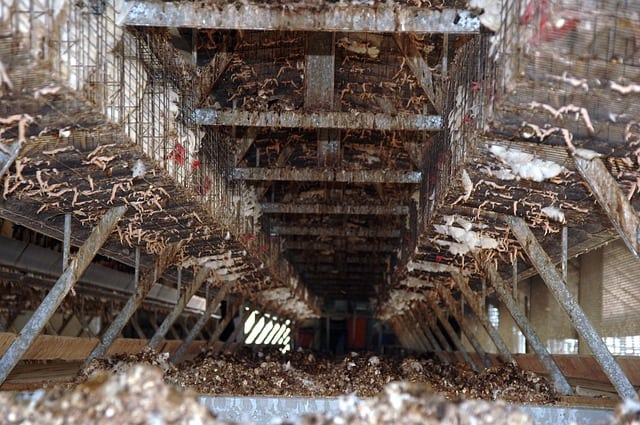
There’s a bit of a debate about which method of chicken is better for the life of your birds: free-range or confined.
Confined birds can be kept safe from predators but they will miss out on some of the perks of a free-range chicken (like natural foraging and exercise).
Without a doubt, the threat of predators is a major cause of premature death amongst free-range chickens. However, if you’ve got a rooster or a livestock guardian dog with your flock, your hens will have a better chance of survival due to the protective nature of either animal.
On the other hand, confined birds are often more susceptible to disease and parasite due to the close quarters they are bound to. Birds in confinement do not always have access to dust baths, which help prevent parasitic infections.
6. The Purpose of Your Chickens
Chicken life expectancy is significantly affected by the purpose you have in mind for your birds. For example, broilers (or meat chickens) have an expiration date the moment you decide to raise them. Most meat birds are processed between three and eight months of age.
Their early dispatch is due to the quality of meat at that age, as well as the cost to keep the chickens. In addition, commercial broilers, such as the cornish cross, were bred to grow rapidly. This is excellent for meat production but bad for the birds that are left alive longer.
You see, the growth rate of the cornish cross is not conducive to a long, sustainable, life. Their bodies become too heavy for their legs to support, and often, they can no longer walk. In addition, their hearts become weak, and they may die of heart conditions.
On the other hand heritage layers may be kept around for many years as long as they are laying (and by the time they stop, they’ve probably become a staple amongst the family flock). I, for one, allow my older hens to retire happily with the hopes that they simply die of old age. As of now, I have a 10-year-old Buff Orpington who still lays beautiful eggs (and becomes broody!).
Honey, the 10-Year Old Hen

Your chicken can live a long time if that’s what you want. But when you select the breed you will be keeping on your homestead, choose one that will do well in your region, and wasn’t bred for production purposes.
The best advice I can give you is to know your breed and their needs. From there, as long as you meet those needs as best you can, you can have a bird that lives as long as my 10-year-old hen Honey.
For a start, browse our extensive library of chicken breed articles, in which we discuss the environments the breeds are best suited to. That way you can select the right chickens and ensure they have a happy and long life expectancy.
